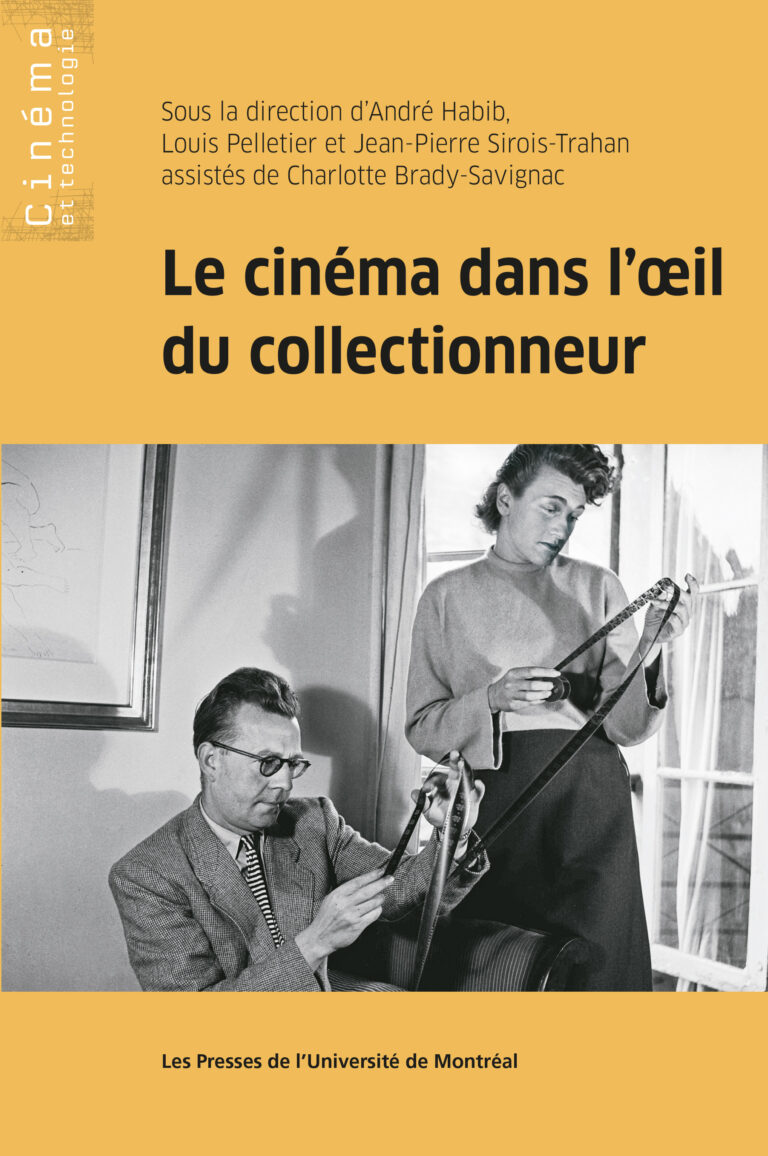The Observatoire du cinéma au Québec has undertaken its first major philanthropic campaign to ensure that its activities are sustainable and to broaden their scope.
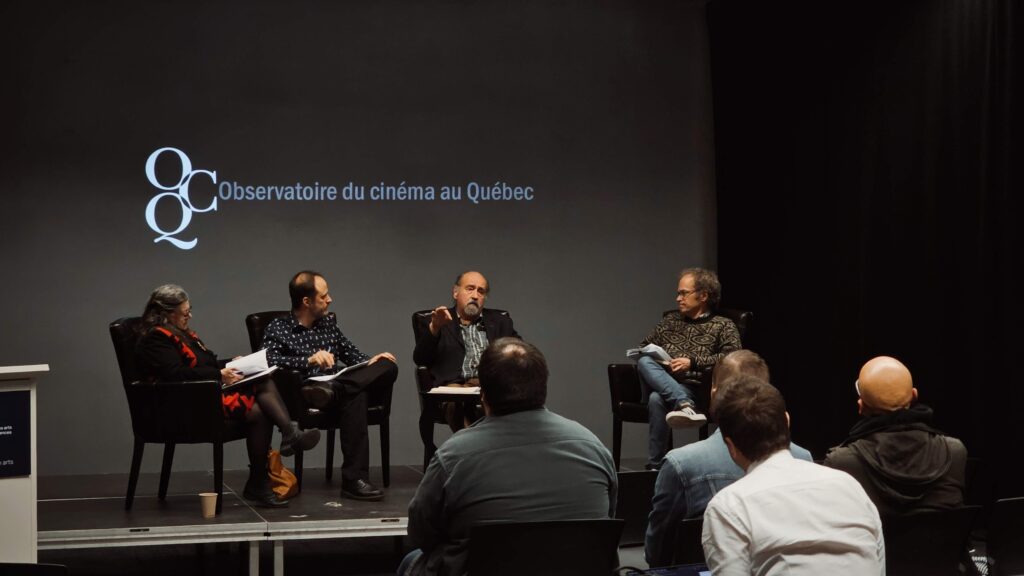
Olivier Du Ruisseau
Since its launch in 2010, the Observatoire du cinéma au Québec (OCQ) has become the principal university-based organization devoted to disseminating, analyzing and promoting Quebec cinema. For the very first time, the OCQ is undertaking a vast philanthropic campaign with the goal of broadening its activities and making them sustainable. These activities always involve the participation of students and of the Université de Montréal. We met with the director of the OCQ, Thomas Carrier-Lafleur, to find out more about the history of the OCQ and to highlight its crucial role.
“Support for the OCQ is support for Quebec cinema”, states this researcher, who is also deputy director and research coordinator of Laboratoire CinéMédias, right off the bat. “In fifteen years, through numerous projects, we have become an essential showcase for people working in our cinema: screenings and master classes both on campus [the Université de Montréal] and online, the production of a podcast, workshops in CEGEPs [senior high schools], the production of a television series, and more. There’s never been anything like it”.
Now a branch of Laboratoire CinéMédias, the OCQ was founded in 2007 at the initiative of André Gaudreault, founding member of the Laboratoire, and Denis Héroux (1940-2015), formerly a course instructor in the Département d’histoire de l’art, de cinéma et des médias audiovisuels at the Université de Montréal. One of the organization’s first activities, in 2010, was the television series Au coeur du cinéma québécois, which was shown on Canal Savoir (now Savoir média) until production was halted in 2020 because of the COVID-19 pandemic.
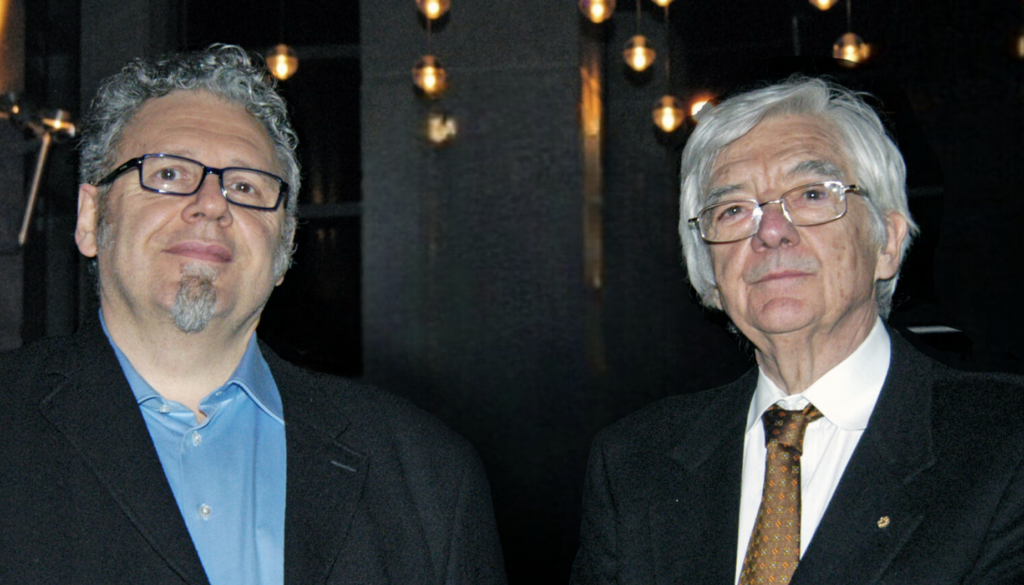
Illustrious Guests
The television series was moderated by Denis Héroux for four seasons, before being taken over, until 2020, by Isabelle Raynauld, a documentary filmmaker and co-director of cinEXmedia. She introduced interviews before student audiences at the Université de Montréal with film directors or others who work in Quebec cinema. The OCQ has hosted more than 200 guests, including Denis Villeneuve, Xavier Dolan and Jean-Marc Vallée. Other professionals in the film industry took part, including the director of Médiafilm Martin Bilodeau, the former director of Québec Cinéma Ségolène Roederer, and the producer Denise Robert.
The film director Sophie Deraspe (Antigone, Bergers), has been invited to the OCQ on three occasions, notably as part of the television series. “Taking part in these activities as a guest filmmaker is always an enriching experience in many respects”, she remarks. “It is a place where creators and their work maintain an important connection with students, researchers and people in the university community. This in-depth relationship over time seems to me to be essential in a society that values its shifting cultures and identity. There, artists’ work is not only recognized, it is also reflected on in all its complexity”.
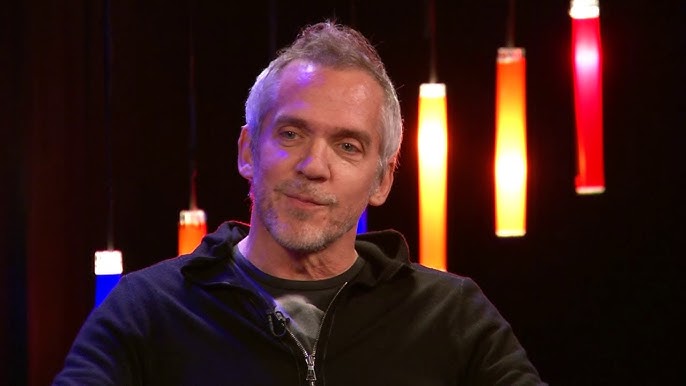
Like Carrier-Lafleur, Deraspe remarks that “the stimulating discussions and informed debates that emerge from this space contribute to the vitality of Quebec cinema”. “I was impressed by the level of organization and the passion emanating from every member of the OCQ team”, she adds. “I’m grateful for having had the opportunity to contribute to this inspiring and dynamic space. The Observatoire du cinéma au Québec makes a true contribution to the creative and vibrant spirit of our culture, and I’m eager to see it continue to shape and drive our cinema”.
Future Projects
Thomas Carrier-Lafleur believes that with the $10,000 this campaign hopes to raise, the OCQ will be able to modernize its equipment and hire more students. “Because our program on Savoir Média was not renewed and because we can hire only a certain number of students at a time, it still takes us several months to post recordings of our events. With these additional funds, the possibilities will be almost endless: we will be able to heighten our presence on social media, disseminate our recordings more quickly or, why not, launch a new podcast. All of these will involve more students in our projects”.
In Carrier-Lafleur’s view, this active participation by Université de Montréal students in OCQ activities is, moreover, what sets this cultural organization apart from others. “Students are involved at every level”, he points out. “Not only do they attend our master classes, they are also consulted in developing our programming, hired for various technical mandates and sometimes even given financial support by the OCQ for their own projects. For example, we have supported the Kinorino student film festival. These student initiatives are at the heart of our mission”.
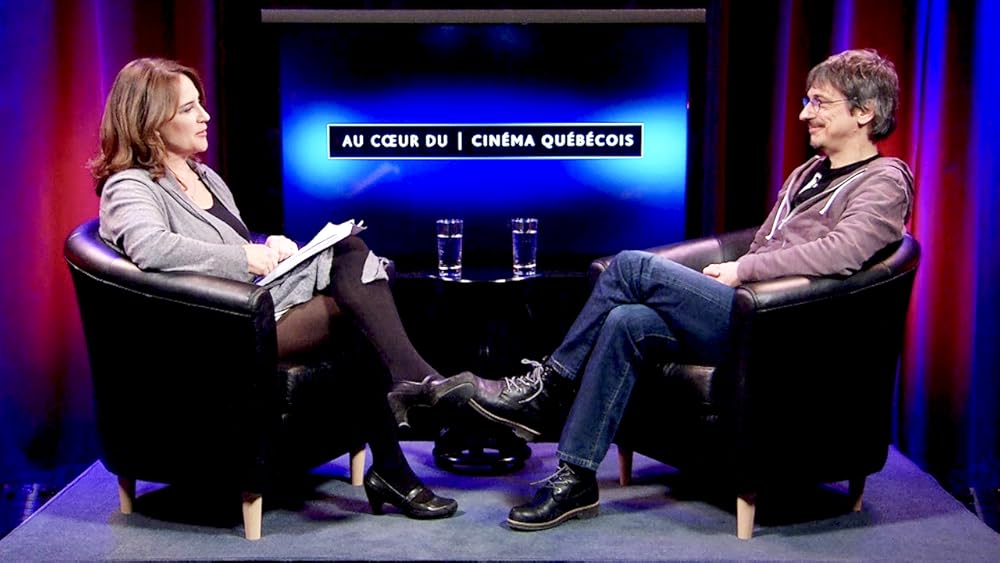
The Observatoire du cinéma au Québec also makes it possible to familiarize the student community with the Montreal cultural milieu. From its beginnings, the organization has offered screenings and master classes in collaboration with a variety of festivals, in particular the Festival du nouveau cinéma (FNC) and the Montreal International Documentary Festival (RIDM). In 2023, films by Cathrine Martin (Éloge de l’ombre) and Charles-Stéphane Roy (V F C) were shown at the RIDM and the FNC respectively. This year, the OCQ co-presented Simon Plouffe’s Les yeux ne font pas le regard at RIDM.
In addition, a growing number of OCQ events are carried out in collaboration with the research community. In the fall of 2024, for example, screenings as part of the Cadavre Exquis project, which seeks to revalorize the 16mm film collection of the Université de Montréal, were held as part of the OCQ’s regular programming.
For all these reasons, as André Gaudreault remarked in a press release, donations to the OCQ’s campaign will enable it to “continue to offer indispensable resources and spaces for dialogue to cinephiles, emerging artists and students with a love for the world of cinema and media”. “Together”, he concludes, “we will work so that Quebec cinema continues to shine and to inspire future generations”.
Click here to make a donation to the OCQ.

